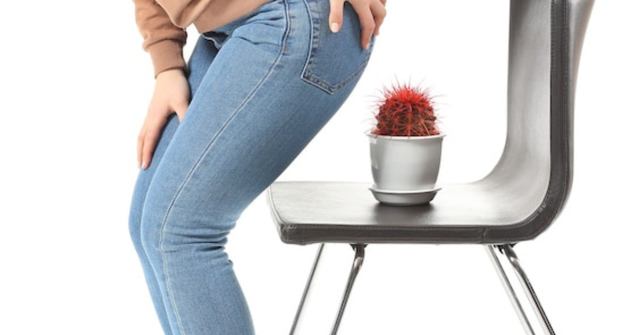Hemorrhoids and piles are considered normal anatomical features. That’s correct! Also, haemorrhoids are more common than you might think. They cause problems when haemorrhoids become itchy, uncomfortable, or bleed. Fortunately, there are a few easy ways to keep haemorrhoids from interfering with your daily life.
You don’t need to be concerned right away or consult a doctor for quick relief from itching and pain. If you notice bright blood in your stool, try to remain calm because, in most cases, it is not dangerous. Bleeding is frequently caused by a minor breakdown or firm stools.
When it comes to rectal bleeding, you understand how important it is to effectively treat and cure it. Let me explain the cause and best natural treatments for your specific case of piles bleeding. The most effective home remedies for haemorrhoids include a variety of activities.
The following are the first-line treatments for piles:
Making dietary and lifestyle changes can help relieve pile symptoms.
A high-fibre diet can aid in the management of faeces. Pooping will be less taxing on your anus veins, which is a good thing.
Drink plenty of water to stay hydrated, but keep caffeinated beverages like tea and coffee to a minimum.
Make it a daily habit to get some exercise. Simple tasks such as bicycling may be made more difficult by external piles. In that case, a padded seat cushion might be useful. You could also try something different until your symptoms improve. Exercising, on the other hand, has been shown to be generally beneficial and should not exacerbate your problems.
Please do not push yourself to use the restroom. After that, use soap and water to clean the area around your anus and pat it dry. Contact the best piles treatment hospital in Coimbatore to receive the best piles treatment.
Non-surgical pile treatment:
Most piles will disappear on their own, but if they don’t, you should have a backup plan. Some medical procedures necessitate an outpatient visit to a hospital. If this is the case, you can receive the necessary therapy and return home the same day.
Banding
This surgery will be performed by your doctor, who will wrap a small elastic band around the pile. After a week or two, the pile will start to die and fall off, and the area left behind will start to heal on its own.
Sclerotherapy
Your piles will be reduced in size thanks to the injection of an oily substance.
The use of infrared light causes coagulation. Your doctor will use an infrared light to target specific parts of the piles, reducing the amount of blood that flows to those areas and causing the piles to shrink.
Treatment for surgical bleeding piles:
The vast majority of piles patients do not require surgical intervention. If, on the other hand, you continue to have piles symptoms despite trying other treatments that haven’t worked, or if your piles continue to bleed, this may be a viable option for you. The surgical procedures that can be used to treat piles are listed below.
A hemorrhoidectomy is a surgical procedure that removes piles from the body if they are causing discomfort to the patient.
Your surgeon will staple the region of tissue with piles further up your anal canal in place during a stapled haemorrhoidopexy procedure. Your piles will no longer be able to exit your anus, and they will shrink.
The closure of the haemorrhoidal artery is a surgical procedure (known as HALO). The arteries in your anal canal will be blocked as part of this haemorrhoid removal surgery to reduce the amount of blood that flows to your piles.
During certain procedures, your surgeon may use an ultrasound probe to help him or her locate your arteries and guide the procedure. If you suspect you have piles, contact a piles specialist doctor in Coimbatore you’re dealing with heaps.
Guidelines for preventing piles include:
Age increases the likelihood that a person may develop haemorrhoids. Taking the following precautions will help avoid constipation and firm stools, both of which can result in haemorrhoids:
You shouldn’t flush with too much force or stay on the toilet for too long.
When you have the urge to go to the bathroom, don’t wait because doing so could lead to an infection.
Increase your intake of fibre-rich meals including fresh fruits, vegetables, and whole grains, or consider taking dietary supplements. On average, 25 grammes of fibre per day are advised for women, while 60 grammes per day are advised for men.


